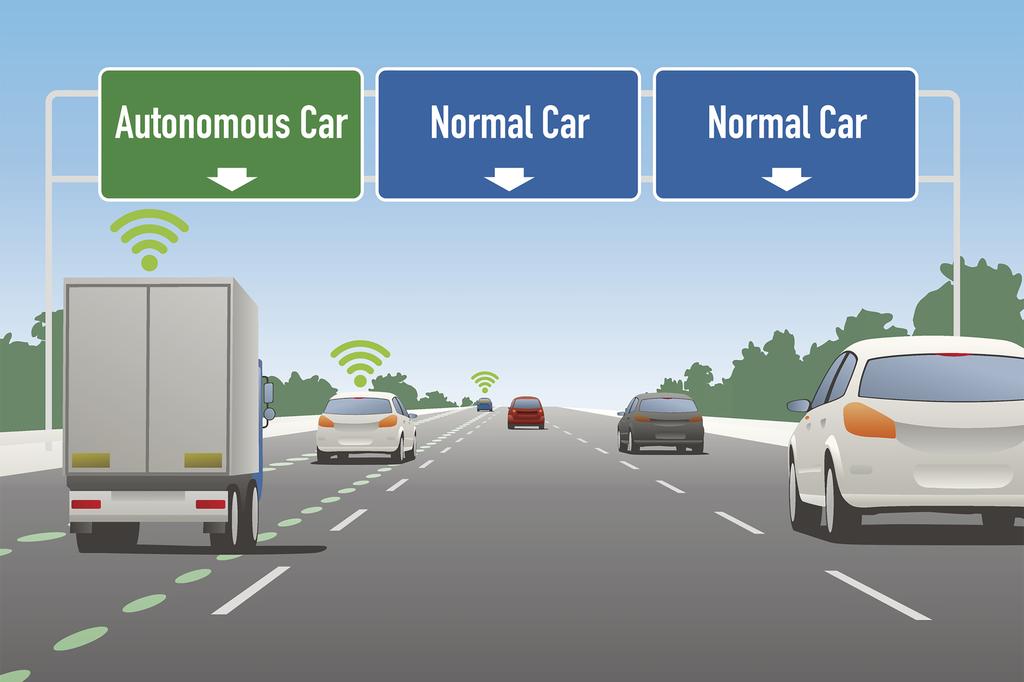
CARS.COM - Citing a surge in autonomous vehicle technology, IHS Automotive has nearly doubled its forecast for sales of self-driving vehicles to almost 21 million overall by 2035.
Related: Automakers Work Toward Self-Driving Cars, Disagree on How to Get There
The business information provider sees annual sales of vehicles with true autonomous capability hitting 600,000 by 2025 and accelerating. As recently as 2014, IHS forecast about 12 million self-driving cars on the road by 2035. It also saw a preponderance of those having fully autonomous technology but still involving a driver at the wheel; it now sees growth beyond 2020 as more balanced between those vehicles with no driver required, according to Jeremy Carlson, principal analyst at IHS.
IHS said it raised its forecast based on increased research and development by automakers, auto suppliers and technology companies, as well as moves to make government regulation more supportive. "There are a lot of things coming together," said Carlson in a phone interview.
There has been a high-profile wave of activity recently by major automakers, including Fiat Chrysler Automobiles partnering with Google on a test fleet of self-driving Pacifica minivans. Toyota also recently announced an autonomous vehicle research facility in Ann Arbor, Mich., and Honda is testing autonomous vehicles in California.
Carlson sees new forms of autonomous vehicles in addition to traditional cars that may hasten adoption both of autonomous vehicles and electric power. Beyond the car ownership model, a service model providing mobility through ride-hailing with autonomous fleets of electric vehicles could make sense. "In a dense urban [area], you are seeing limitation and controls" on emissions and even access by private cars. "There can be a strong argument for providing mobility as a service," he said. To wit, GM has announced plans to develop a self-driving Chevrolet Bolt electric car for test use by car-hailing service Lyft, in which GM has invested.
But Carlson said much of the autonomous activity has been less visible in terms of work by industry suppliers. "Some of the bigger suppliers are developing and refining those capabilities," he said, adding automakers are ramping up their efforts in part because they have to work with those suppliers to successfully integrate their systems.
IHS cites continuing challenges, including the need for more changes in federal and state government regulation, and needed advances in software reliability and security from hacking. Shoppers have to be on board, too. To reach autonomous sales forecasts, automakers will also have to persuade consumers, who in recent surveys have demonstrated a wariness of the technology.
Progress is being made on the regulatory front, however. Federal safety regulators have pledged to do more to lower barriers, and the Obama administration has proposed $3.9 billion in new spending over the next decade to fund projects that accelerate the research toward and sale of self-driving cars. And some states, including Michigan, California and Nevada, have moved to create a regulatory environment that fosters development.
No comments:
Post a Comment